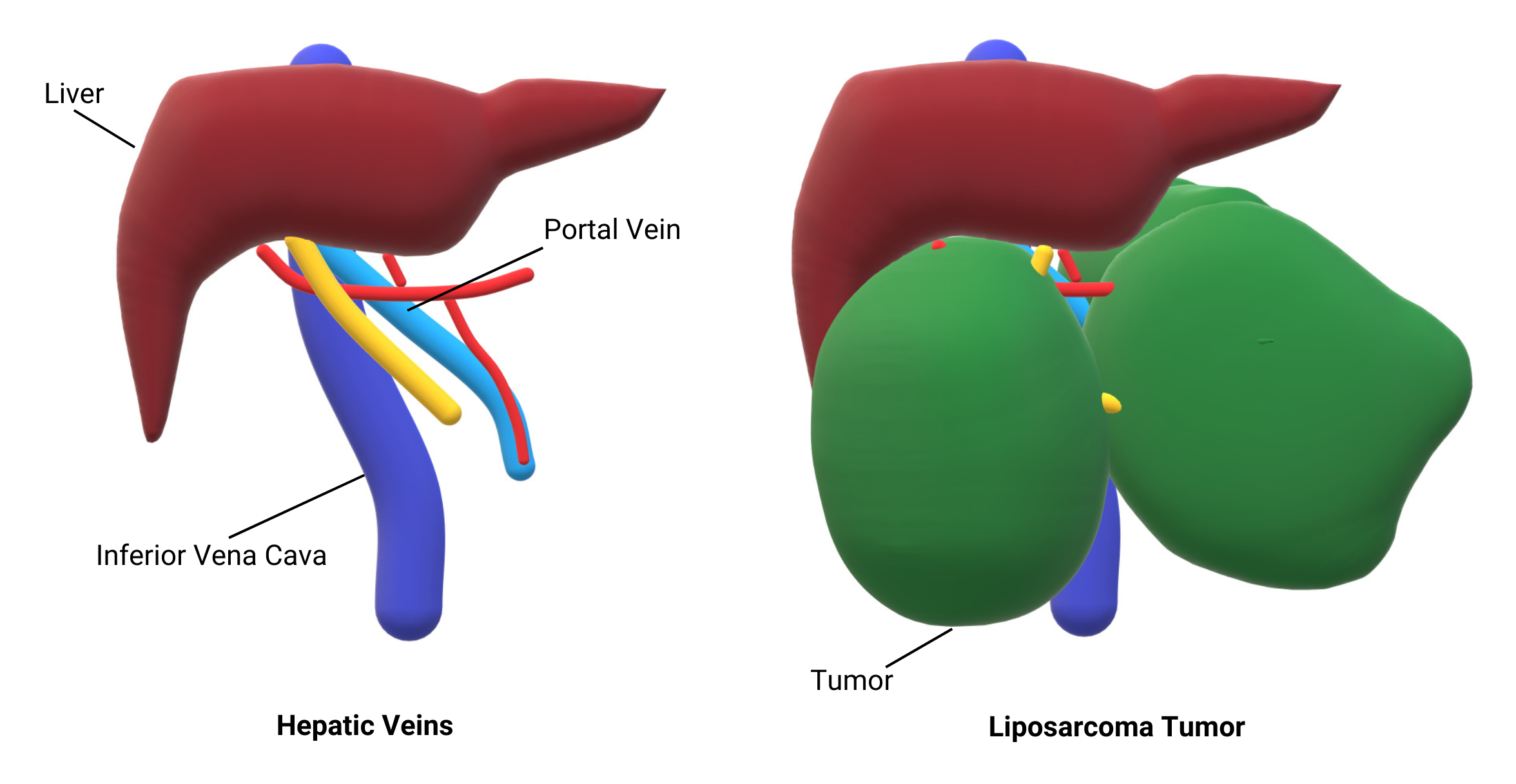Mark Booth, a 71-year-old retiree from upstate New York, has always been a man of determination. His life has been marked by hard work, first in a printing plant and later at Time Warner Cable, where he worked his way up from learning computer trades to doing fieldwork. But his greatest challenge came not in the workplace, but in a battle for his life—twice.
In 2006, Marc was diagnosed with liposarcoma on his right kidney. Liposarcoma is a rare type of cancer that affects the fat cells anywhere in the body. These tumors often develop deep in the abdomen, buttocks, arms, or legs and typically affect adults aged 50 to 65. They often grow slowly, giving them a deceptive appearance of being harmless until they become a significant threat.
In spite of their New York residence, Marc’s physician referred him to Dana-Farber Brigham Cancer Center in Boston, due to its reputation for sarcoma care. Monica Bertagnolli, MD, a former Brigham and Women’s surgical oncologist who specialized in treating sarcoma, performed his surgery. Dr. Bertagnolli currently serves as the Director of the National Institutes of Health.
Mark’s treatment involved the surgical removal of a large tumor located on his right kidney and adrenal gland. After several years of diligent follow-up appointments, Mark was declared cancer-free.
However, in January 2023, a visit to the emergency room due to breathing difficulties revealed Mark had a pulmonary embolism. Further investigation found that a new mass had appeared on his right side, close to where the first liposarcoma had been found years before.
Mark's local providers told him that the tumor was deemed inoperable. The mass had grown so large and dangerously close to his liver, in a precarious position entangled with the portal vein and inferior vena cava; two important hepatic veins that carry filtered blood from the liver to the heart. Mark was skeptical of the suggested treatment plan, which included chemotherapy and radiation. He recalled that Dr. Bertagnolli had once informed him that such treatments were generally ineffective against liposarcomas. Determined to explore all possible options, Mark once again turned to Dana-Farber Brigham Cancer Center, hoping for another miracle. There, he met with Jiping Wang, MD, PhD, a skilled surgical oncologist known for tackling high-risk and complex cases.
Dr. Wang carefully examined Mark’s case and explained the complexity of the situation due to the tumor’s size and position. Besides its location, the tumor had grown so large that it stretched the common bile duct to three times its normal length, causing a bile duct obstruction. “We advised Mark that radiation would likely not be effective, and chemotherapy wasn’t possible due to the blockage. This left two options: immediate surgery or palliative care,” explained Dr. Wang.
However, after a discussion with Mark and his family, Dr. Wang created a carefully planned surgical approach, accounting for all potential complications and strategies. “The surgery was completed without complications, and a 29 cm tumor was successfully removed, sparing other organs and structures,” said Dr. Wang of the outcome.
“The day after my surgery, I woke up early and asked if I could get out of bed,” Mark recalled. “By 5:30 in the morning, I was sitting up, drinking a cup of tea, and walking laps around the hospital corridors.” His progress surprised the medical team, but for Mark, it was just another step forward. But the post-operative period was not without its challenges; Mark had to contend with some complications related to pain management and bowel function. However, his resilience and the care he received from the nursing staff helped him recover steadily. When asked why he chose Dana-Farber Brigham Cancer Center for his care, Mark’s answer was simple: "The patient care was wonderful," he said. "The nurses were extremely helpful, and Dr. Wang's skill saved my life. I would recommend this place to anyone facing a similar diagnosis."
Mark’s outlook is hopeful. Nowadays he gets regular check-ups every few months to ensure that any signs of the cancer returning are caught early. Although small spots were later detected near the original location of the tumor, they have not changed in size, and his care team is keeping a close eye on them.
A few months after Marks’ surgery, his case was presented at both institutional and international sarcoma tumor boards where the consensus was that ‘surgery under similar circumstances would be highly risky.’ But without a prompt surgical intervention, Mark might not have reached a few significant milestones: “I wouldn’t have made it to my 70th birthday if Dr. Wang hadn’t stepped in when he did,” Mark contemplated. “My wife and I just celebrated our 50th wedding anniversary in July. Without the wonderful care of Dr. Wang, this would have never taken place,” he said.

Left: a healthy liver and hepatic veins. Right: hepatic veins enveloped by a large liposarcoma tumor.
For over a century, a leader in patient care, medical education and research, with expertise in virtually every specialty of medicine and surgery.
About BWH